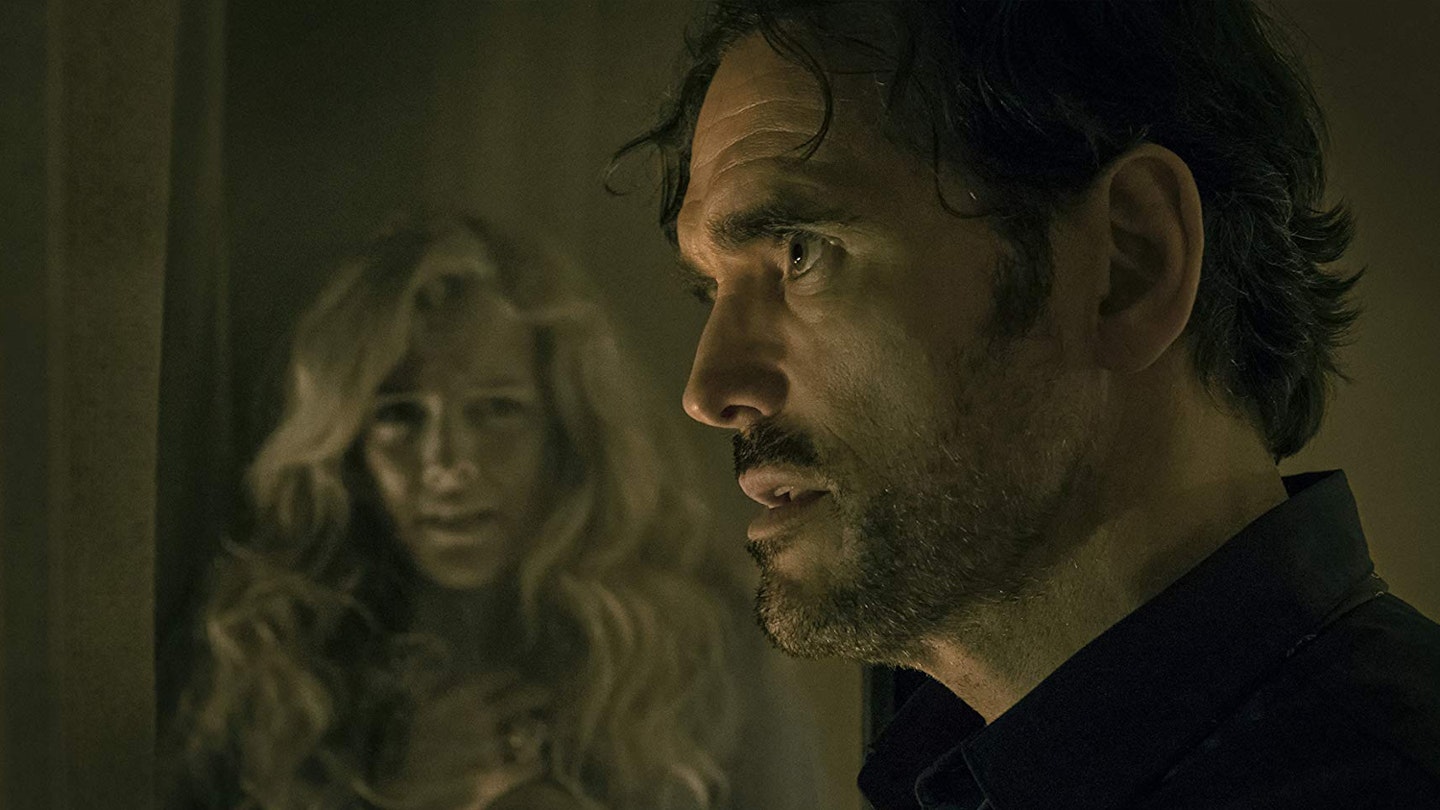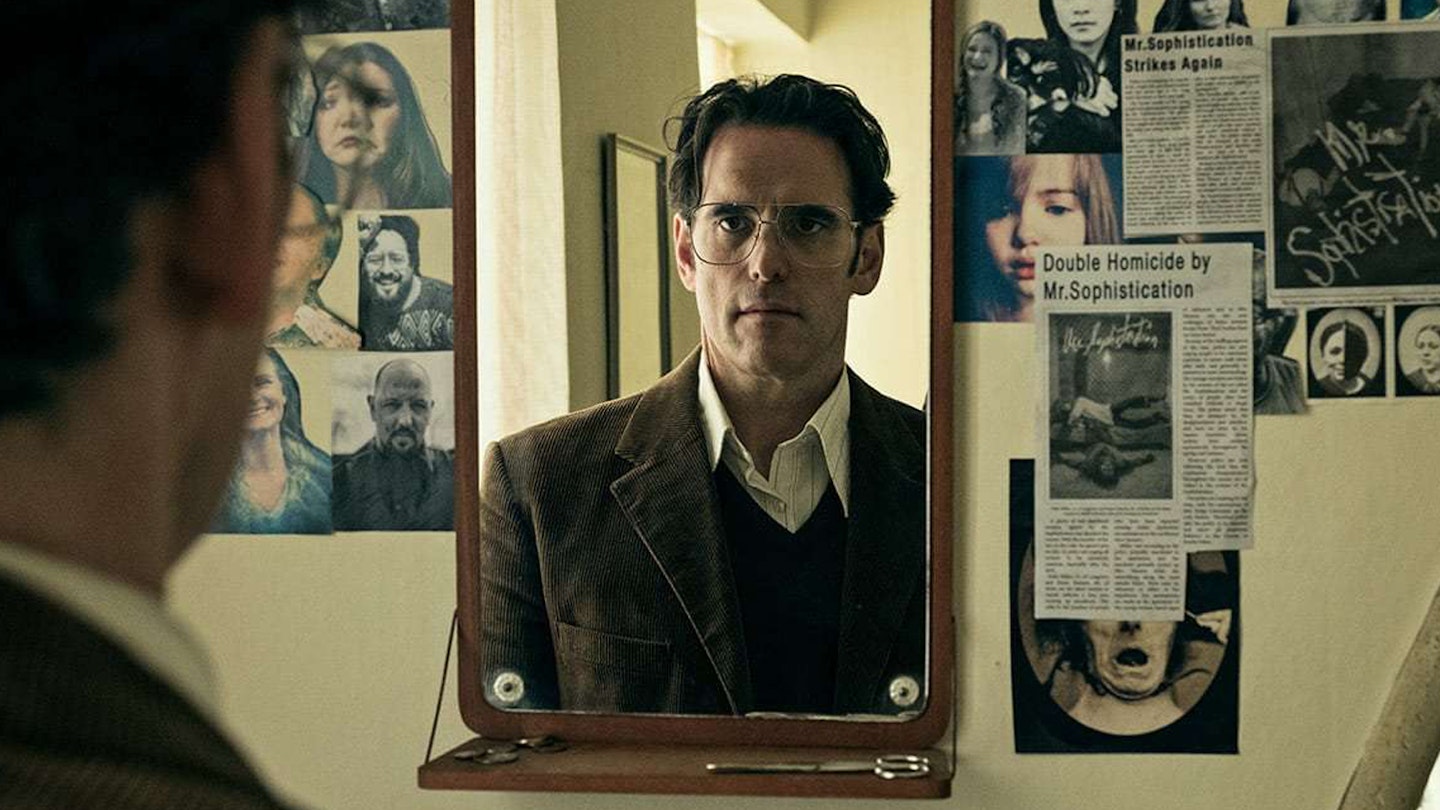Whether filming self-administered clitorectomies or unsimulated sex, or expressing Nazi sympathy at press conferences, Lars von Trier loves to cause headlines. He sends controversy before his films like a leering herald. Shock is one of his tools and when used well it can harshly underline his films’ message. When used needlessly it just looks childish. The House That Jack Built is seeping with horrible moments — a breast sliced off; a taxidermied child; a mutilated duckling; the casual hunting of a family — all in service of a lumpen point that is being made better in many other places. His gruesome instincts are not underlining his intent but scribbling over it.

The film opens in pitch darkness. Jack (Matt Dillon) and an unidentified man (Bruno Ganz) are conversing in a way that indicates Jack is being led to some sort of afterlife and reflecting on his existence. He tells his companion about the murders he has committed, illuminating five randomly chosen ‘incidents’ (some have single victims, others multiple). They range from the bludgeoning of an annoying woman (Uma Thurman) seeking help with a broken car, to a picnic/hunting lesson that ends with a woman numbly trying to feed her child pie as his brain leaks out of the back of his head, to a casual date with Jacqueline (Riley Keogh) that ends with the aforementioned breast removal as she screams to a world that’s not listening. Jack discusses all these incidents as his art, his statement on a society beneath him. The joke is that Jack is a banal man who offers the world nothing. He is a trained architect but attempts to build his own house are stymied by his limited vision. In a very darkly comic sequence, Jack’s OCD forbids him to leave a crime scene before repeatedly checking every surface for blood. He gives himself the murder-moniker Mr Sophistication. Yet he achieves his goal of notoriety. Narcissism trumps talent.
Von Trier’s message is clear: a nihilistic statement on the mess of our world and specifically America, and the ascent of men who believe declaring yourself the best means you are, with no burden of proof. Jack has Trump-ish vocal and physical tics when delivering his lies; the hunted family wear MAGA-y red caps. The metaphor doesn’t need further explanation, but von Trier jams in a clumsy soliloquy in which Jack moans that the white man is always the bad guy, as he stabs a bound woman.
“The world is fucked” is a message you can read in countless places — von Trier is joining the discussion, but all his lurid, gory presentation can’t disguise that he has little to add. He even seems bored by himself, at one point illustrating a damning rant with a montage of older, better von Trier films. Upsetting scenes might make you look away, but there’s not much else to see here.
